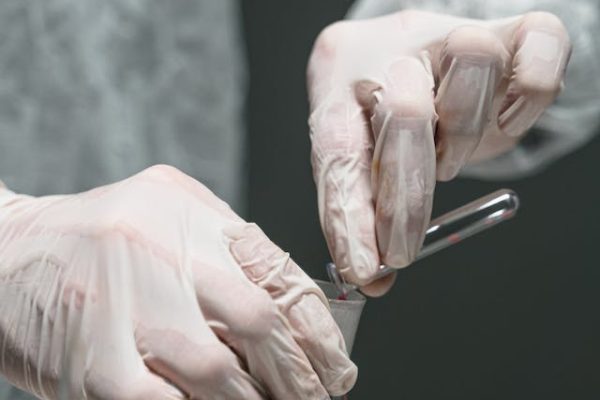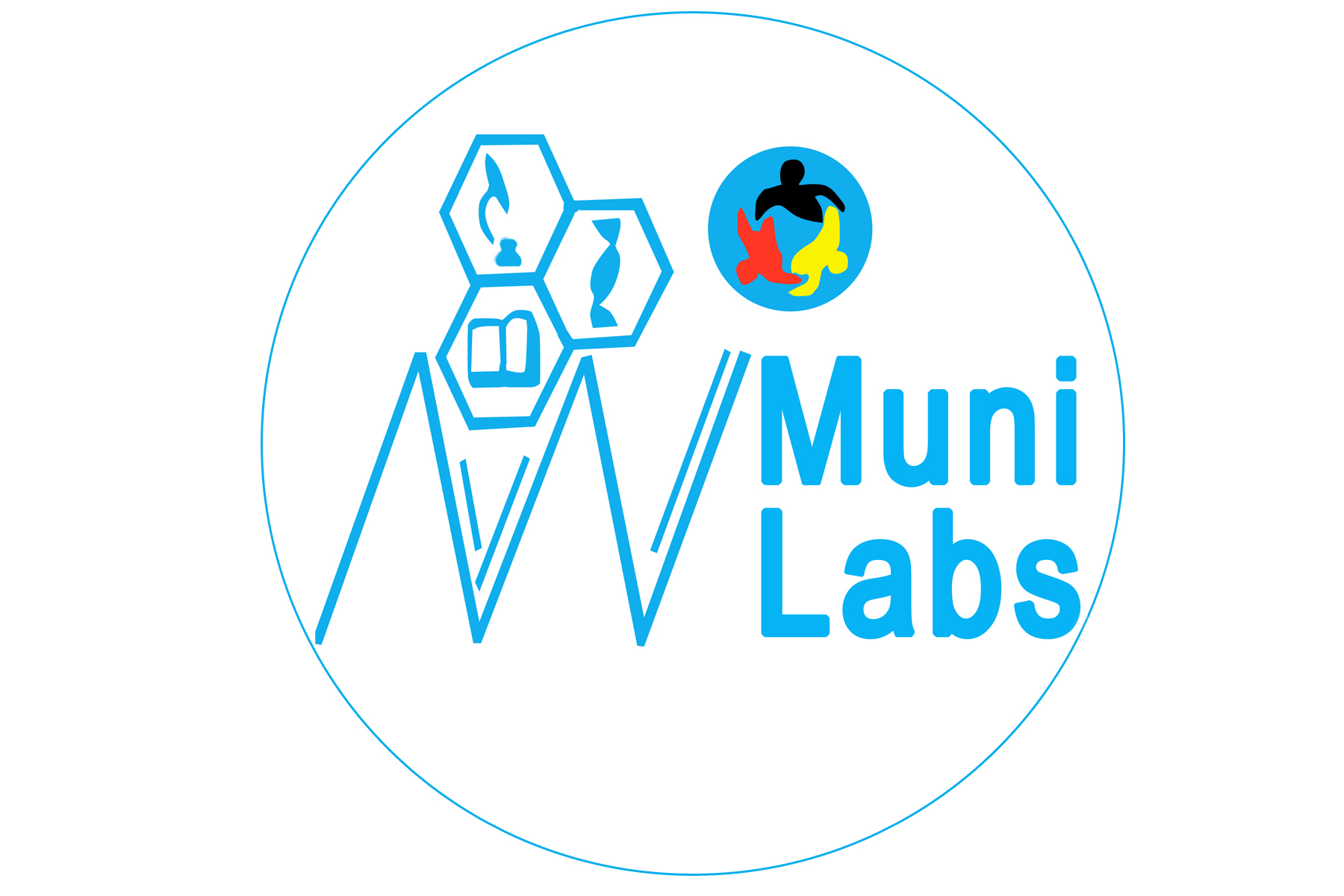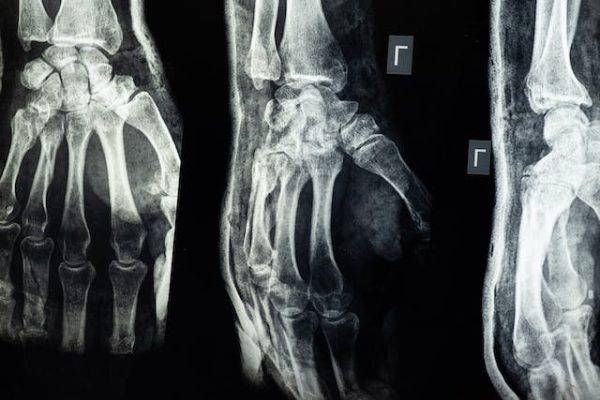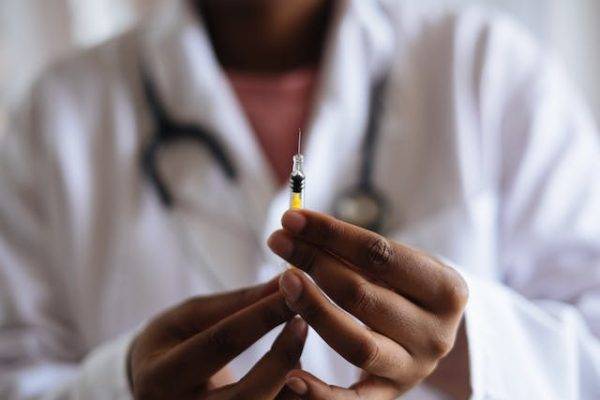MUNI LABS GRADUATE STUDIES ACADEMY (GSA)
About Us
The GSA is a Core Muni Labs Training Program to address the limited Training Opportunities and Poverty-related Talent Attrition. It is preparatory immersion program or bootcamp for students from all walks of life interested in advanced studies and training.
The GSA is a Core Muni Labs Training Program to address:
- Limited Training Opportunities
- Poverty-related Talent Attrition
Goals
- Prepare students for careers in medicine and health sciences.
- Train faculty for graduate/medical school training and research.
CourSES

Drug Discovery and Medicinal Chemistry
Study the creation of new drugs and their chemistry.
frequently asked questions (faqs)
Initially biomedical education and training
✰ Recent graduates, preferably in the health sciences, e.g, medicine,
pharmacy, nursing or laboratory technology.
✰ Second through fourth year undergraduate students interested in careers
in medicine,nursing, health sciences research and engineering. Students
interested in other fields will be considered if their specific interests
directly impact healthcare.
✰ The GSA is a preparatory program uniquely tailored to each student to
maximise their chances of success in their desired careers in Uganda,
Africa or abroad.
✰ GSA students will be competitive for entrance in advanced programs such
as Masters and Doctoral Programs.
✰ The GSA offers opportunities to interact with faculty, practitioners and
innovators who are leaders in their fields.
✰ Skills and experience acquired at the GSA are highly desired in the job
market.
A large number of students can apply directly to Universities and we encourage
them to. The GSA helps open doors for students. We identify highly talented
students who do not have the resources for a complete application process or
are not aware of the options of the best universities and advanced training
programs available to them.
Not applicable. The GSA is not an academic institution but a preparatory
program to complement academic institutions. Faculty from various institutions
teach at the GSA.
Not applicable because the GSA is not a school. See above.
Yes. A nominal processing fee of 100,000/=, which can be applied to non-GSA
trainings and resources or one re-application if one is not admitted the first time.
Fees are waived for students with demonstrable need.
Already answered above but a distinct advantage is letters of references and
nominations for positions.
Preference is given to more recent graduates and youth but there is no hard age
limit.
Yes, but on a case-by-case basis.
Muni University and others. Plans are underway for partners across the African
continent and the world.
Yes. Graduates will have exposure to employers.
3-12 months.
MUNI LABS ORGANIZATION
Muni Labs was established in 2017 to mobilize support for rural health capacity building in partnership with Muni University.
OUR OBJECTIVES ARE:

1
To equip and operate a world-class multi-purpose laboratory complex at Muni University.
2
To develop collaborations and partnerships to fast-track establishment of the Faculty of Health Sciences at Muni University.
3
To Support Health and Science Education in the communities served by Muni University.
MUNI LABS
Why We Need Health Care Capacity?
There are only about 25 physicians for the region of more than 2.6 million people Muni Labs operates in; to deliver basic medical care in the region one physician would have to attend to about 280 patients a day.
The region does not have specialized laboratories for training health professionals or providing advanced diagnostic services. Those who can afford such services must travel 300 miles (8 hours) away to the capital city, Kampala.
Epidemiological surveillance, prevention, response systems and tools are inadequate in the communities we serve.




